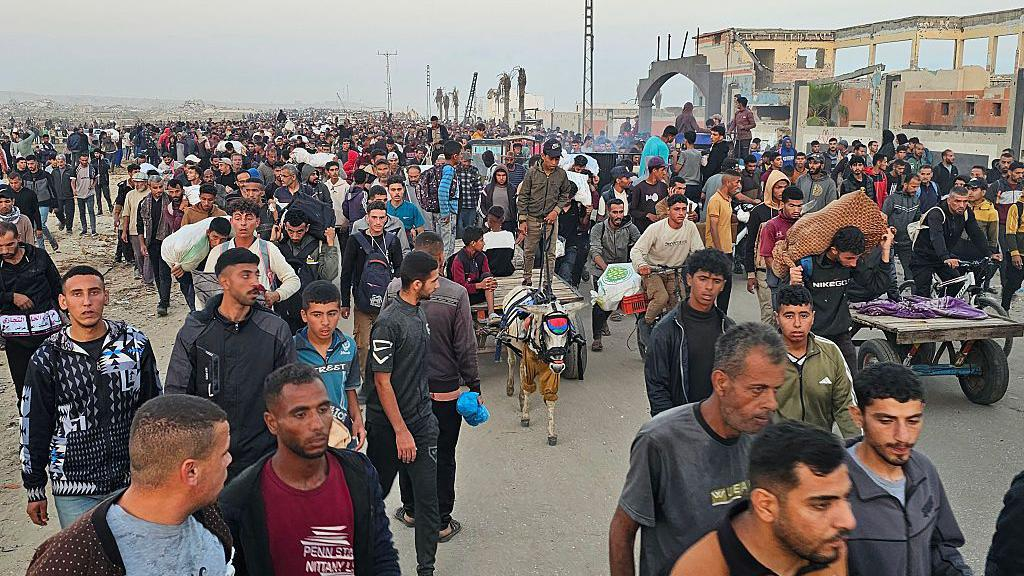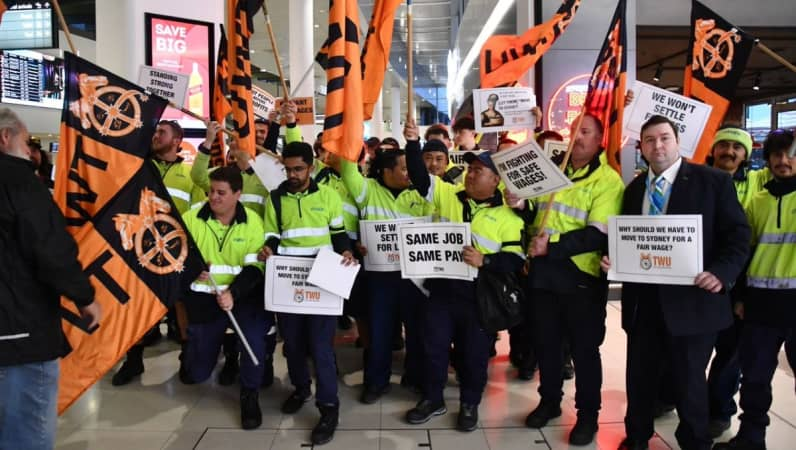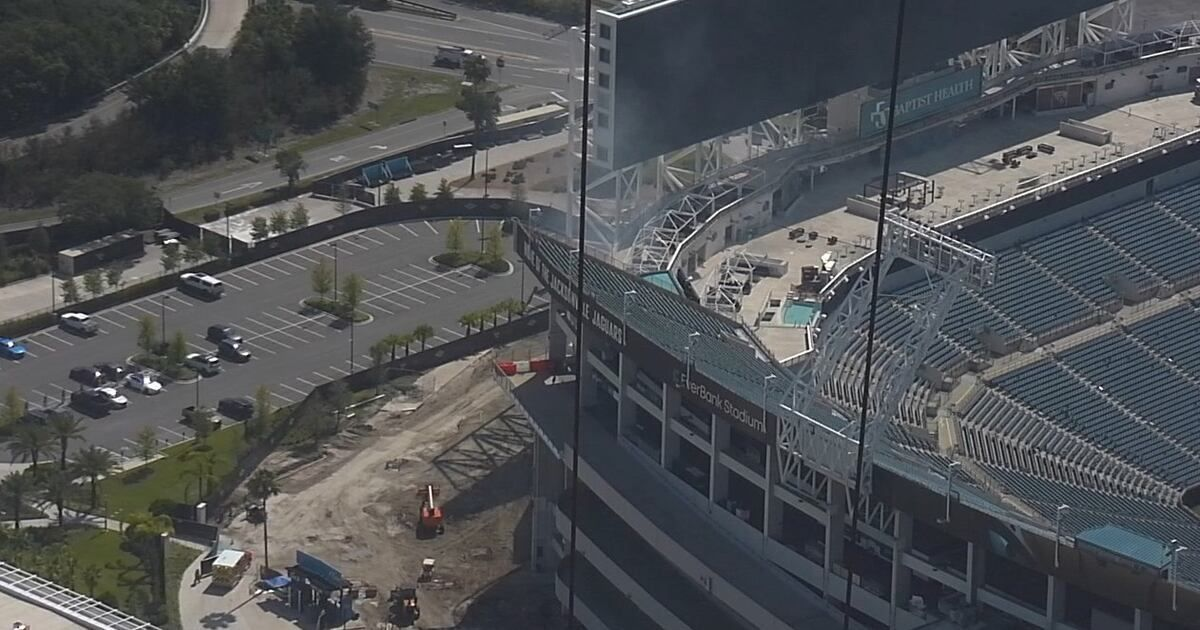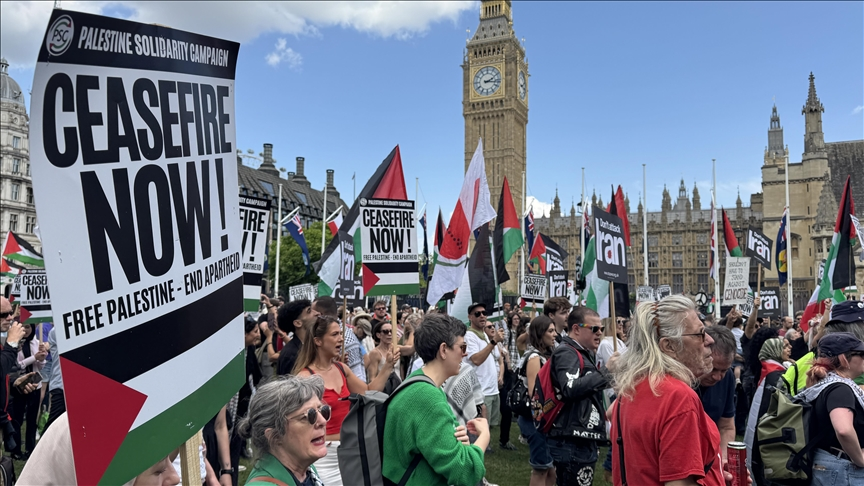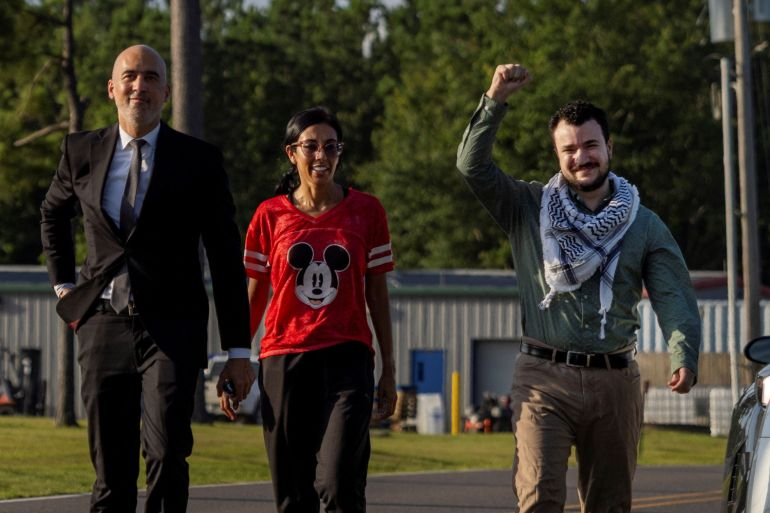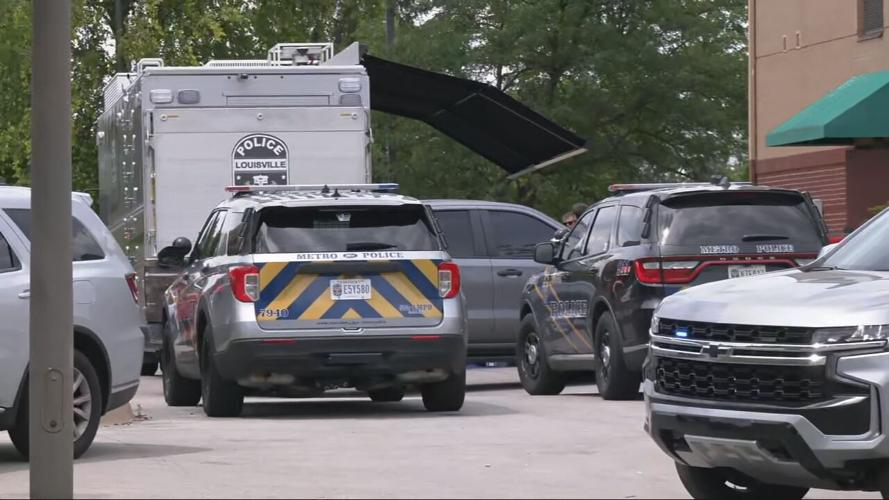The recent Israeli raid in Gaza, resulting in the tragic deaths of 23 Palestinians near an aid distribution site, has sparked a new wave of international condemnation and raised serious concerns about the ongoing humanitarian crisis in the region. The incident, which occurred on [Insert Date from BBC Article], highlights the volatile and complex situation in Gaza, emphasizing the devastating impact of escalating violence on innocent civilians.
The Events of the Raid
According to reports from various news agencies, including the BBC, the Israeli military carried out an operation in the densely populated Jabalia refugee camp. The target, according to Israeli officials, was [Insert Israeli Official Justification from BBC Article]. However, the operation tragically caused a significantly higher number of civilian casualties than initially reported. 23 Palestinians, including women and children, were killed in the incident, with many more injured. The proximity of the raid to an aid distribution site, where vulnerable Palestinians were seeking essential supplies, further compounds the tragedy.
Survivors’ accounts paint a harrowing picture of chaos and fear. Witnesses describe an intense barrage of gunfire and explosions, the desperate scramble for safety amid the carnage, and agonizing scenes of loss and suffering. These testimonies highlight the severe human cost of the conflict and the urgent need for humanitarian intervention.
International Responses and Condemnation
The international community responded swiftly to the incident, with widespread condemnation of the Israeli military action. Many countries expressed deep concern over the high civilian death toll and called for a thorough investigation into the circumstances surrounding the raid. The incident has been condemned by [List key international actors and their responses from the BBC article].
Key criticisms leveled against Israel include:
- Excessive use of force: Many observers question the proportionality of the military response, arguing that the number of civilian casualties indicates a disproportionate use of force.
- Targeting of civilians: Concerns have been raised about the potential targeting of civilians, given the proximity of the raid to an aid distribution site.
- Lack of transparency: Critics have highlighted a lack of transparency from the Israeli government regarding the specifics of the operation and the justification for the high civilian death toll.
Conversely, Israel has [Insert Israel’s official response and justification from the BBC article]. However, this has been widely disputed by various international bodies and human rights organizations.
The Humanitarian Crisis in Gaza
The Israeli raid serves as a stark reminder of the ongoing humanitarian crisis in Gaza. Years of conflict, blockade, and internal political instability have left the region facing a dire situation characterized by:
- Severe shortages of essential resources: Food, water, medicine, and electricity are all in short supply, impacting the health and well-being of the population.
- High unemployment and poverty rates: The economic situation in Gaza is dire, with widespread unemployment and poverty leaving many families struggling to survive.
- Limited access to healthcare: The healthcare system in Gaza is severely strained, lacking essential equipment and personnel, leaving vulnerable populations at risk.
- Damage to infrastructure: Past conflicts have caused significant damage to Gaza’s infrastructure, further hindering efforts to improve living conditions.
The Path Forward: Calls for Peace and Accountability
The tragedy in Gaza demands urgent action to address the underlying causes of the conflict and prevent further loss of life. This requires a multifaceted approach focused on:
- A thorough and independent investigation: An impartial investigation into the circumstances of the raid is crucial to determine responsibility and accountability for the civilian casualties.
- Humanitarian aid and assistance: Increased humanitarian aid is urgently needed to address the immediate needs of the affected population and mitigate the ongoing crisis.
- A renewed commitment to peace negotiations: Sustained and meaningful peace negotiations are vital to achieve a lasting resolution to the conflict and ensure the safety and well-being of all residents in Gaza.
- Addressing the root causes of conflict: Long-term solutions must tackle the underlying political and economic factors that contribute to instability and violence in the region.
- International pressure for accountability: Continued international pressure on all parties involved is crucial to ensure accountability for human rights violations and prevent future atrocities.
The incident underscores the urgent need for a peaceful resolution to the conflict. The international community must work together to pressure all parties involved to prioritize the safety and well-being of civilians and to find a lasting solution that ensures peace and stability in the region.
